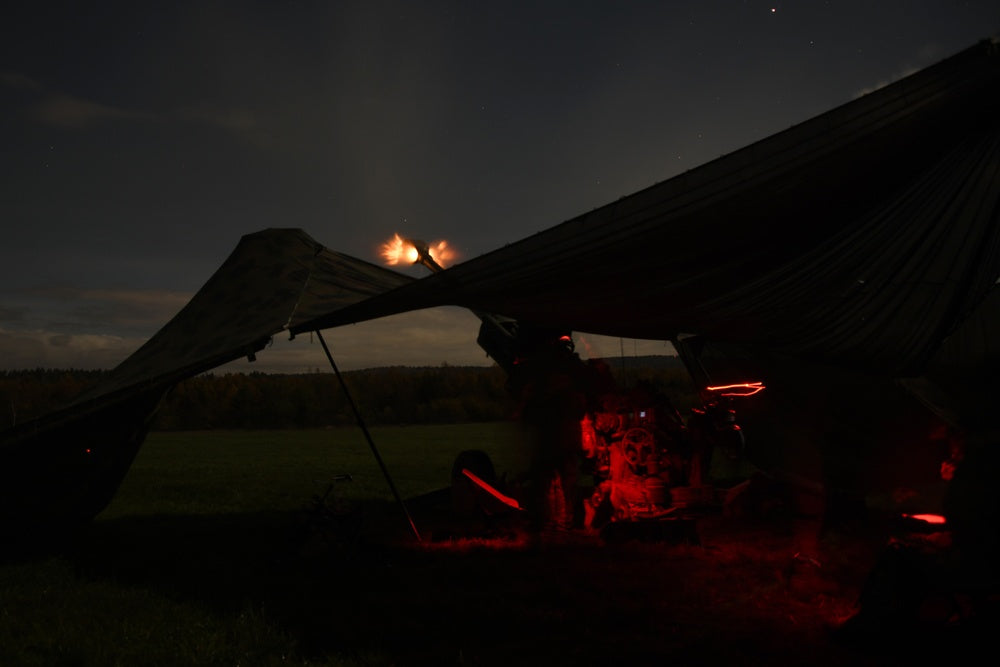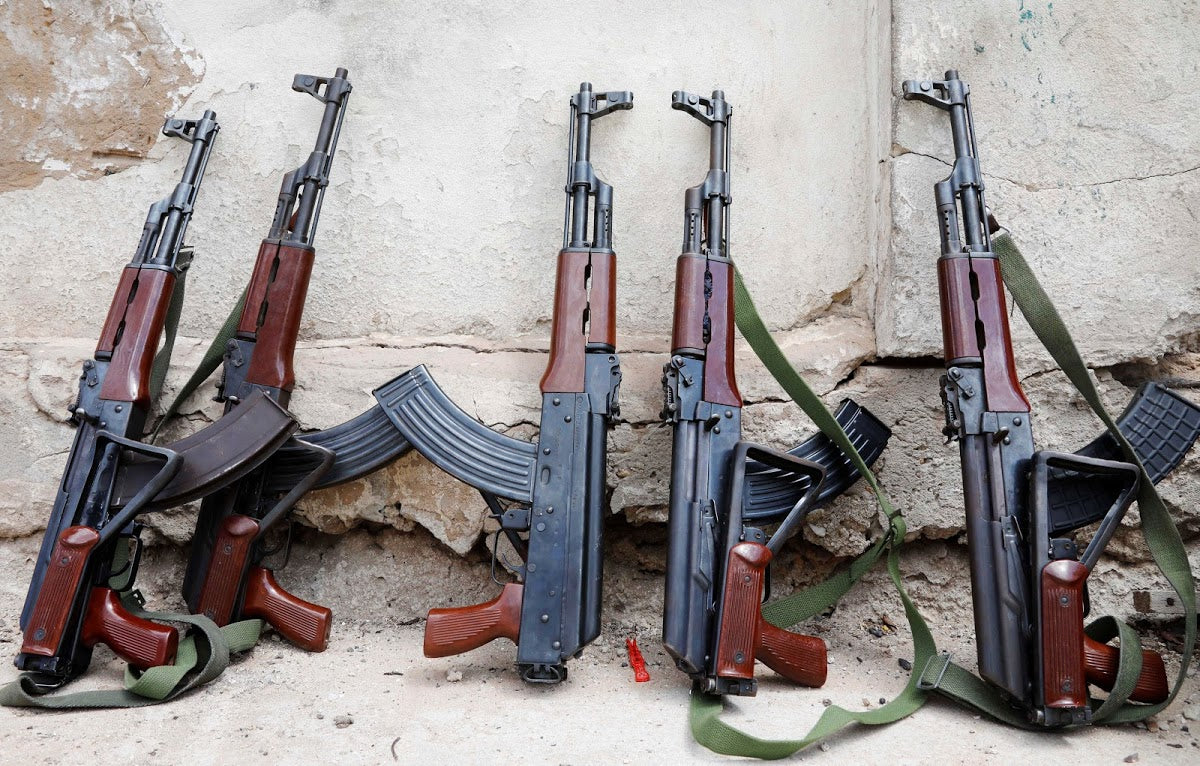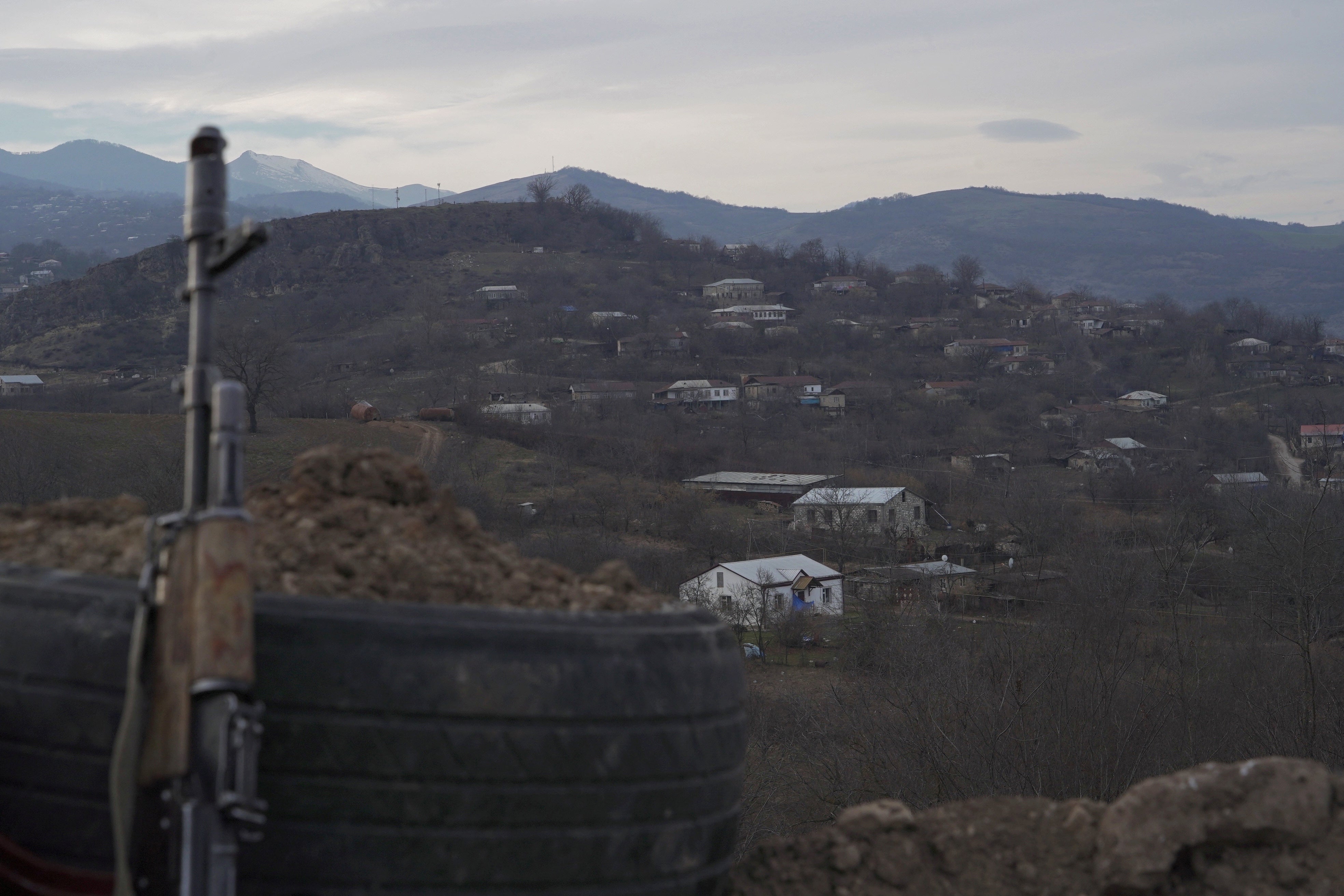
Cluster munitions would be useful for Ukraine, Pentagon says
PHOTO CAPTION: Illustrative photo — U.S. Soldiers assigned to Carnage Battery, Field Artillery Squadron, 2nd Cavalry Regiment fire 155mm rounds from an M777 howitzer during a Battery Certification exercise at the at the Grafenwoehr Training Area, Germany, Nov. 7, 2022. (U.S. Army photo by Sgt. Randis Monroe via U.S. Defense Visual Information Distribution Service)
By Idrees Ali
WASHINGTON (Reuters) - The United States military believes that cluster munitions would be useful for Ukraine in pushing back against Russian forces, a senior Pentagon official said on Thursday, but they had not been approved for Kyiv yet because of congressional restrictions and concerns from allies.
Kyiv has urged members of Congress to press President Joe Biden's administration to approve sending Dual-Purpose Conventional Improved Munitions (DPICM).
The cluster munitions, banned by more than 120 countries, normally release large numbers of smaller bomblets that can kill indiscriminately over a wide area, threatening civilians.
"Our military analysts have confirmed that DPICMs would be useful especially against dug in Russian positions on the battlefield," Laura Cooper, a deputy assistant secretary of defense focusing on Russia and Ukraine, told lawmakers during a Congressional hearing.
"The reason why you have not seen a move forward in providing this capability relates both to the existing congressional restrictions on the provision of DPICMs and concerns about allied unity," Cooper added.
Attention has been focused on Ukrainian actions against Russia's defensive positions in the south and east - the initial stages of a counteroffensive seeking to push President Vladimir Putin's troops back from territory seized since the invasion of Ukraine in February 2022.
Since the start of the conflict Ukraine has asked for - and largely received - weapons that the U.S. initially refused, including HIMARS missile launchers, Patriot air defense batteries and Abrams tanks.
Opponents have warned that when bomblets scatter they can maim and kill civilians and have high failure rates, with duds posing a danger for years after a conflict ends.
A 2008 pact prohibiting production, use and stockpiling of cluster munitions has been adopted by 123 countries, including most of NATO's 28 members. The United States, Russia and Ukraine have declined to join.
"From a battlefield effectiveness perspective, we do believe it would be useful," Cooper said.
(Reporting by Idrees Ali; Editing by David Gregorio)









